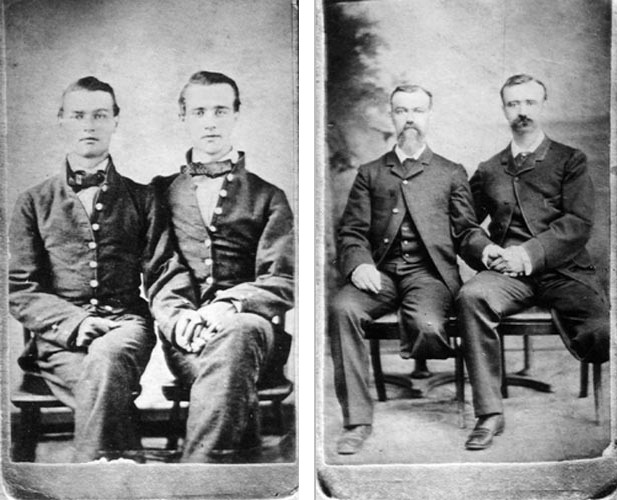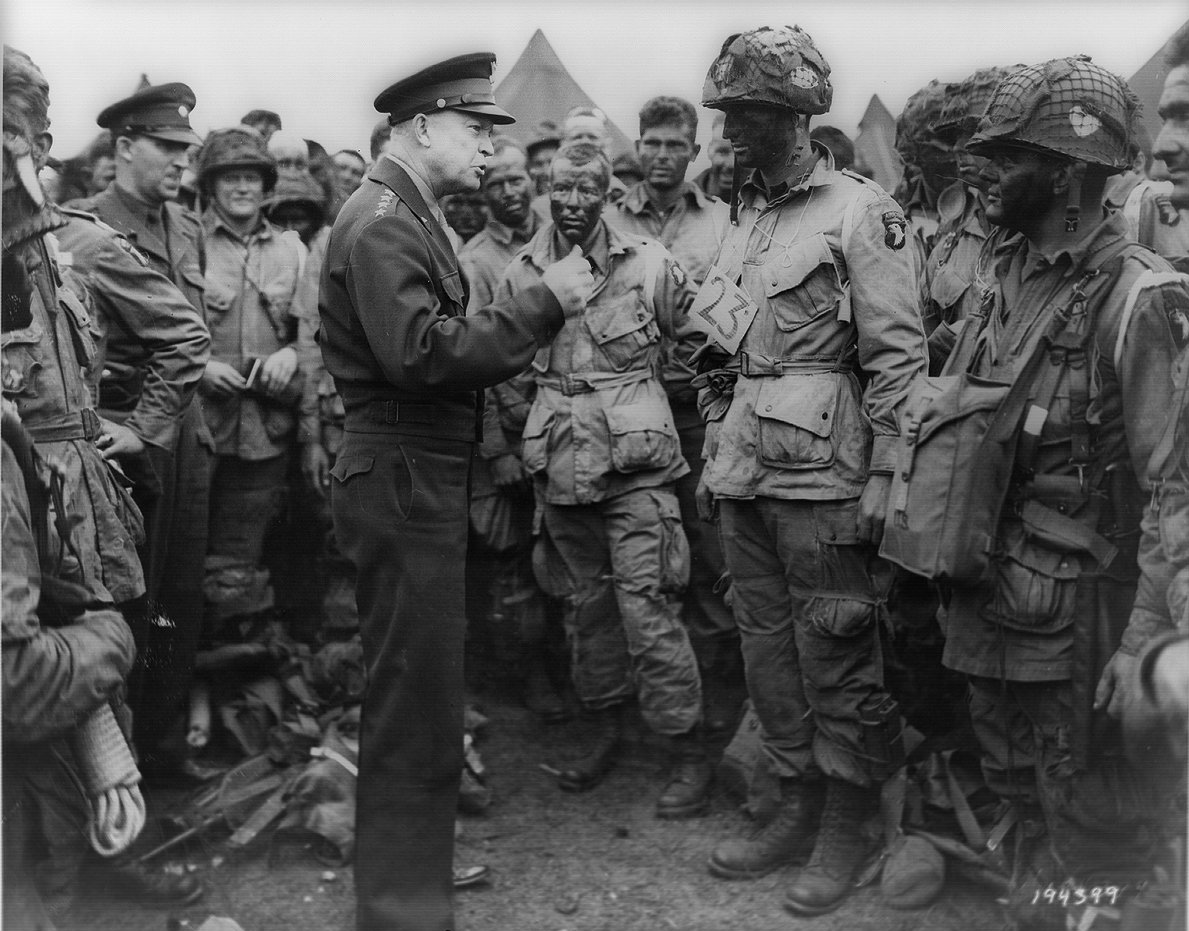Telegraph companies generally charged by the length of a message, so enterprising customers started using codes in place of common phrases. Here are some sample codes, from the ABC Universal Commercial Electric Telegraphic Code of 1901:
Nalezing – Do only what is absolutely necessary
Nalime – Will only do what is absolutely necessary
Nallary – It is not absolutely necessary, but it would be an advantage
Naloopen – It is not absolutely necessary, but well worth the outlay
If you and I both have a copy of the code book, then I can send you the word Nallary in place of the phrase “It is not absolutely necessary, but it would be an advantage” — a savings of 10 words or 51 characters without any loss of information.
Most of these code books are pretty hard-headed (here’s another), but there’s a wonderful exception — Sullivan & Considine’s Theatrical Cipher Code of 1905, “Adapted Especially to the Use of Everyone Connected in Any Way With the Theatrical Business”:
Filacer – An opera company
Filament – Are they willing to appear in tights
Filander – Are you willing to appear in tights
Filar – Ballet girls
Filaria – Burlesque opera
Filature – Burlesque opera company
File – Burlesque people
Filefish – Chorus girl
Filial – Chorus girls
Filially – Chorus girls who are
Filiation – Chorus girls who are shapely and good looking
Filibuster – Chorus girls who are shapely, good looking, and can sing
Filicoid – Chorus girls who can sing
Filiform – Chorus man
Filigree – Chorus men
Filing – Chorus men who can sing
Fillet – Chorus people
Fillip – Chorus people who can sing
Filly – Comic opera
Film – Comic opera company
Filler – Comic opera people
Filtering – Desirable chorus girl
It’s in the public domain, but I haven’t been able to find the full text online — I’m getting this from Craig Bauer’s (excellent) Secret History: The Story of Cryptology. I’ll update this post if I manage to find more.
09/28/2017 UPDATE: A reader sent me the whole book.






